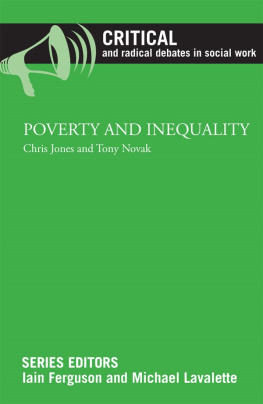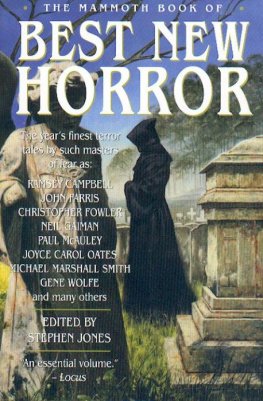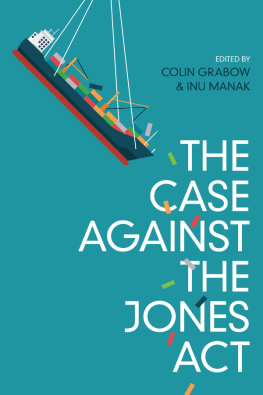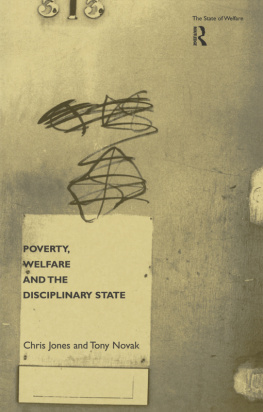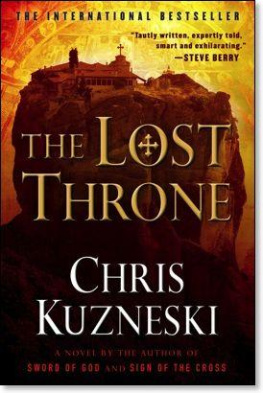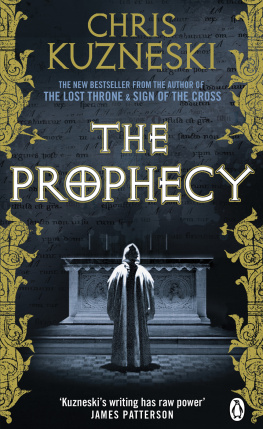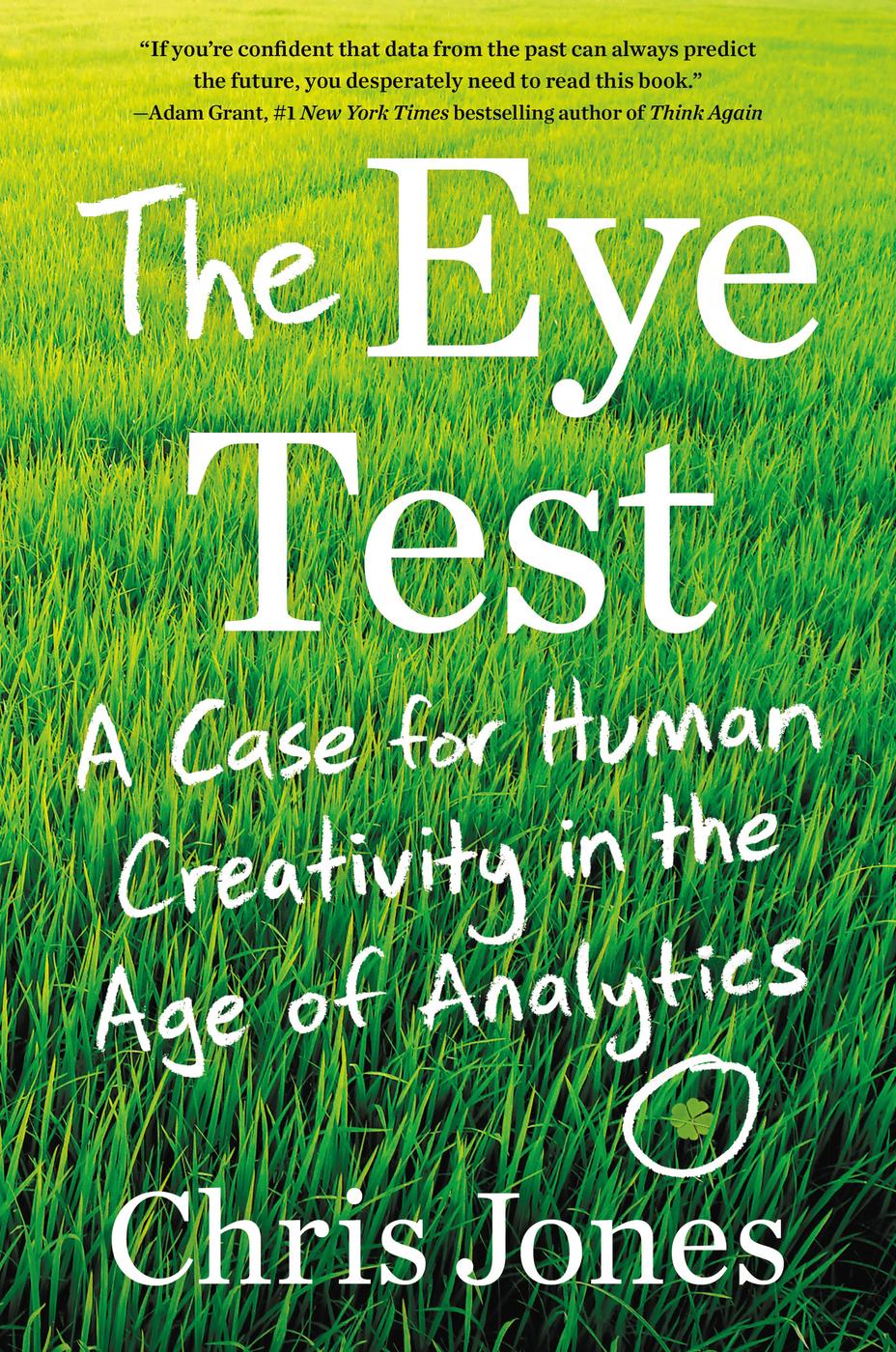
Copyright 2022 by Chris Jones
Cover design by Jarrod Taylor. Cover image by Shutterstock.
Cover copyright 2022 by Hachette Book Group, Inc.
Hachette Book Group supports the right to free expression and the value of copyright. The purpose of copyright is to encourage writers and artists to produce the creative works that enrich our culture.
The scanning, uploading, and distribution of this book without permission is a theft of the authors intellectual property. If you would like permission to use material from the book (other than for review purposes), please contact permissions@hbgusa.com. Thank you for your support of the authors rights.
Twelve
Hachette Book Group
1290 Avenue of the Americas, New York, NY 10104
twelvebooks.com
twitter.com/twelvebooks
First Edition: January 2022
Twelve is an imprint of Grand Central Publishing. The Twelve name and logo are trademarks of Hachette Book Group, Inc.
The publisher is not responsible for websites (or their content) that are not owned by the publisher.
The Hachette Speakers Bureau provides a wide range of authors for speaking events. To find out more, go to www.hachettespeakersbureau.com or call
(866) 376-6591.
Library of Congress Cataloging-in-Publication Data
Names: Jones, Chris, 1973- author.
Title: The eye test : a case for human creativity in the age of analytics /
Chris Jones.
Description: First edition. | New York : Twelve, [2022] | Includes
bibliographical references and index.
Identifiers: LCCN 2021019906 | ISBN 9781538730676 (hardcover) | ISBN
9781538730683 (ebook)
Subjects: LCSH: Problem solving. | Decision making. | Creative thinking. |
Data mining.
Classification: LCC BF449 .J664 2022 | DDC 153.4/3--dc23
LC record available at https://lccn.loc.gov/2021019906
ISBNs: 978-1-5387-3067-6 (hardcover), 978-1-5387-3068-3 (ebook)
E3-2021206-NF-DA-ORI
For my boys, who remind me.
And for Ana, who rescued me.
I am enough of the artist to draw freely upon my imagination.
Imagination is more important than knowledge. Knowledge is limited.
Imagination encircles the world.
Albert Einstein
Footnotes
This was Einsteins reply, in an interview published in the Saturday Evening Post in 1929, to the question: Then you trust more to your imagination than to your knowledge? A similar, widely seen quote attributed to EinsteinLogic will get you from A to B. Imagination takes you everywhere.while snappier, is probably not his.
Explore book giveaways, sneak peeks, deals, and more.
Tap here to learn more.

You perhaps noticed a few pages back a footnote.
I am aware that some readers find footnotes cumbersome and interruptive. I have no idea what percentage; no hard data on footnote participation appears to exist. But a textbook titled Stats: Modeling the World includes the following footnote on its opening pages: This chapter might have been called Introduction, but nobody reads the introduction, and we wanted you to read this. We feel safe admitting this here, in the footnote, because nobody reads footnotes either. The writers of statistics textbooks should seem to know.
To those of you who dont appreciate footnoteseveryone, apparentlyI apologize. I use them either to explain sourcing or provide additional context that I struggled to fit into the narrative. Entirely without innovation, honestly. Worse, several of them cite myself. Readers who have closely followed my magazine work will recognize some of the people others of you will be meeting for the first time. I didnt want to pretend Id forgotten the many creative men and women Ive been lucky enough to meet over the course of my career or the lessons they taught me, but those self-referential footnotes, while necessary, are deeply weird to me. Please feel free to skip them. None is essential to read, unlike the text itself, every word of which is sacred.
To those invisible few of you who do read footnotes: Thank you. They are a lot of work, and the people I cite deserve recognition for their labor. I use the Chicago style, because I like it best.
Whether you choose to read the footnotes or ignore them, I hope all of you enjoy this little book and find someone between its covers who inspires you to make or do something beautiful.
Footnotes
David E. Bock, Paul F. Velleman, and Richard D. De Veaux, Stats: Modeling the World (Boston: Addison-Wesley, 2004).
Theres No Accounting for Taste.
Not everything can be quantified, and its foolish to think so. How do you measure something as limitless as the human imagination? Unfortunately, that means there is no right way to do creative things, and no guarantee well achieve what we want to achieve. You will receive no false promises here. But we can almost always improve our handiwork, and so our odds of success. That earned difference, the margin between where we are and where we can be, separates us from each other, and us from machines.
It was 2009, and Ryan Kavanaugh had just announced his plans to burn Hollywood to the ground. We met in the garden at the Chateau Marmont, because even revolutionaries have to acknowledge the Establishments sometimes superior taste. Kavanaugh was in his mid-thirties but looked younger, or he dressed younger at least. He wore a skinny tie, dark jeans, and blue Converse sneakers. His ginger hair was spiked, and his eyes never stopped moving, on the lookout for the affection that had become inevitable for him. Less than a minute after we arrived, Baz Luhrmann, the colorful Australian director, emerged from the foliage and wrapped Kavanaugh in a long embrace.
That was Baz Luhrmann, Kavanaugh said when we sat down, nodding at me to make the note. Earlier that day, the waiting room at Kavanaughs West Hollywood office had been graced by another, less flamboyant, director. Ron Howard wore a baseball cap and hiking boots, and he sat like a schoolboy, with his hands folded in his lap. A receptionist offered him a bottle of water. Im A-okay, he said, exactly the way you might expect him to say it.
Howard was waiting for Kavanaugh to finish yet another meeting, this one with an author whose book he wanted to make into a film. The deal was taking time to come together. The author had been making the Hollywood rounds, and he was telling Kavanaugh how many famous directors he had met. He wasnt some starstruck, moony-eyed simpleton; he had a property that was in demand, and he wanted to be paid. Kavanaugh, an expert negotiator, smiled and shrugged. He had dated Kate Bosworth and was not shy that he had. I know a few famous directors, too, he told the author. One was waiting to see him atthis very moment.
Kavanaugh was the founder of Relativity Media, and famous directors were waiting for an audience with him, or jumping out of hedges to hug him, because he was sitting on a reported (and disputed) $2 billion in liquid assets. Much of it had been raised from Elliott Management, a venerable New Yorkbased hedge fund that had billions more cooling behind its initial investment; the studio had other big-money backers from as far afield as China. Even by Hollywood standards, Relativitys vault appeared bottomless, and Kavanaugh held the only key to its locks. He was suddenly very popular with people who needed money to make things, including more money.


